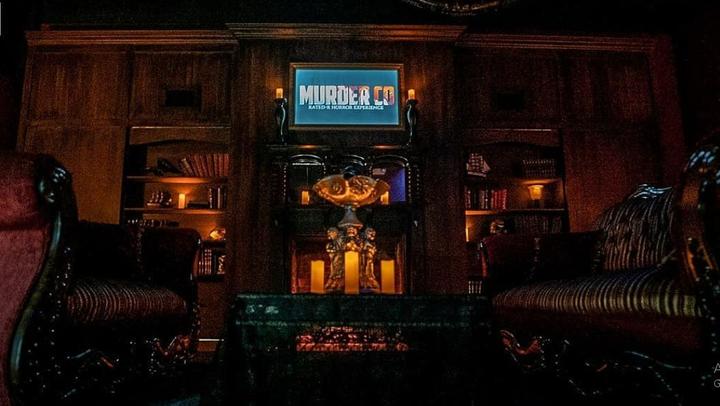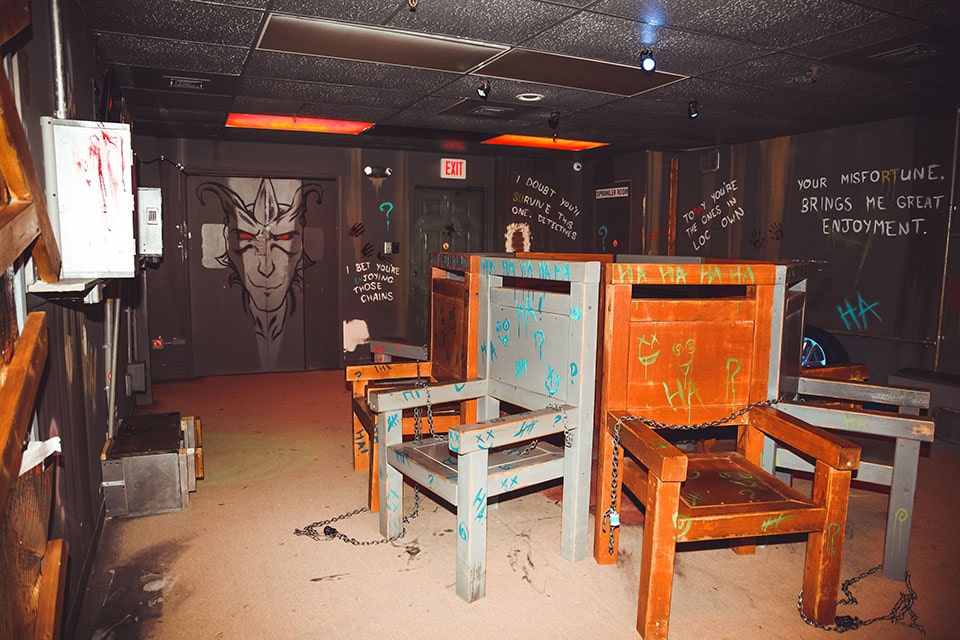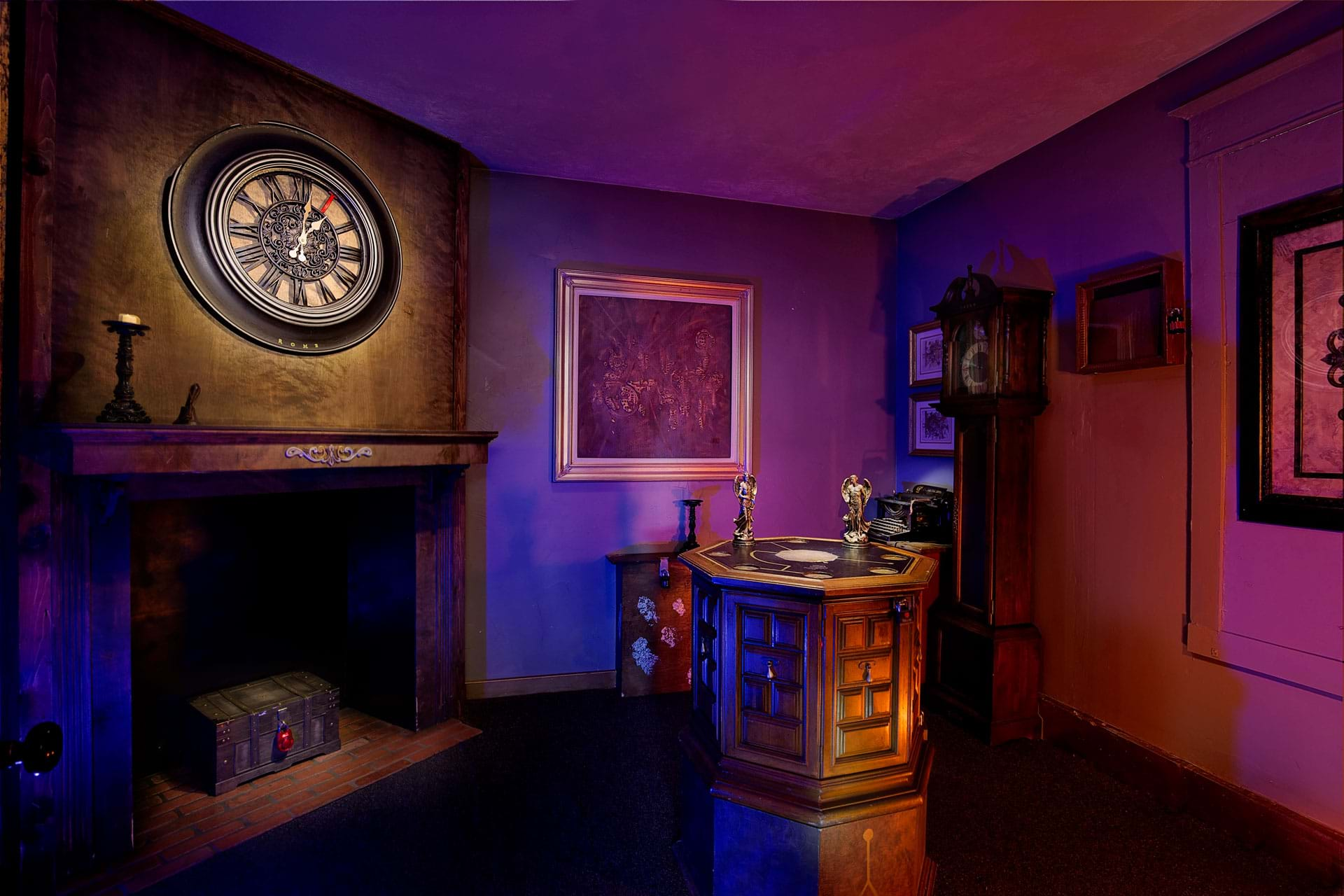Best Escape Room-- Test Your Skills and Solve the Mystery
Best Escape Room-- Test Your Skills and Solve the Mystery
Blog Article
Group Strategies: Exactly How to Team up Successfully in a Getaway Area
Groups have to proactively pay attention to each participant's insights, assign roles that align with private strengths, and preserve routine check-ins to guarantee emphasis and protect against redundancy. By fostering a setting that values cohesion and adaptability, groups can considerably enhance their effectiveness and success rates.
Establish Clear Communication

To facilitate clear communication, it is vital to designate a central point of contact for details circulation. This role involves summing up findings and recommended approaches to guarantee every person remains on the exact same web page. In addition, taking on a methodical technique to discussions can protect against chaotic exchanges. For example, brief, concentrated updates from each staff member can maintain the team educated without overwhelming them with information.

Designate Roles Purposefully
While clear interaction establishes the structure for reliable synergy, assigning duties strategically guarantees that each employee's strengths are used successfully. In a retreat space situation, the time-sensitive and intricate nature of difficulties demands a well-organized strategy to task delegation. By identifying and leveraging private competencies, teams can optimize their analytic capabilities and improve general performance.
Somebody with an eager eye for information could stand out in locating surprise objects, while a logical thinker might be much better fit to addressing problems. This function typically calls for strong business and interpersonal abilities.
Second, guarantee that duties are versatile and adaptable. As new challenges arise, the group must have the ability to pivot, reallocating jobs as required. This flexibility helps preserve momentum and avoids bottlenecks that can take place because of inflexible function assignments.
Inevitably, a critical approach to role project not just makes the most of the staminas of each team member but also fosters a natural environment, driving the group in the direction of an effective escape.
Utilize Diverse Skills
Identifying and taking advantage of the diverse skills within your group can considerably boost your performance in a retreat space. Each employee brings one-of-a-kind staminas to the table, and properly leveraging these abilities can accelerate analytic and boost total effectiveness. For instance, a group member with solid analytical internet abilities could stand out at decoding intricate codes or patterns, while another with eager empirical abilities might rapidly find covert clues that could overlook.
Reliable communication is essential to using these varied skills. Encourage employee to articulate their insights and concepts without delay, guaranteeing that all prospective solutions are considered. This inclusive method cultivates a dynamic atmosphere where creativity and important reasoning can prosper. Furthermore, appointing tasks that align with each participant's toughness can stop traffic jams and make certain that progress is constant.
Moreover, diversity in skills usually equates to diversity in assuming designs, which is invaluable in a retreat area setup. While some obstacles might require rational reasoning and precision, others could gain from imaginative and association of ideas. By identifying and leveraging this variety, groups can address a more comprehensive series of obstacles better, therefore enhancing their opportunities of an effective getaway.
Manage Time Efficiently

Recognize noticeable puzzles and divide tasks based on team members' toughness, making sure that no one is still. This practice can help maintain the group focused and protect against time from slipping away undetected.
Additionally, avoid tunnel vision. If a challenge is taking also long, revolve staff member or proceed to another difficulty, returning later on with fresh point of views. Communication is paramount-- maintain everyone upgraded on solved puzzles and staying jobs to stay clear of redundant efforts.
Finally, use any tips or hints sparingly but purposefully - best escape room. Understanding when to request for aid can save beneficial time. By sticking to these time monitoring concepts, groups can significantly improve their possibilities of an effective and delightful getaway room experience
Debrief and Reflect
Reflection is an essential element of group development and renovation in the context of getaway rooms. As soon as the obstacle is completed, whether effectively or otherwise, it is important for the group to involve in an organized debriefing session. This procedure permits employee to examine their performance, identify strengths, and determine areas for improvement.
Begin the debrief by discussing what important source worked out. Highlight particular circumstances of reliable communication, analytic, and collaboration. Recognizing these favorable behaviors enhances them and urges their repetition in future challenges.
Talk about minutes of complication, miscommunication, or ineffective strategies. continue reading this Urge an open and positive discussion where team members can share their point of views without fear of objection.
Verdict
In final thought, effective collaboration in a getaway space is predicated upon clear communication, critical role jobs, the effective application of diverse abilities, and competent time administration. By producing a cohesive and adaptive team environment, the chance of effectively fixing problems and attaining the objective of running away the space is substantially improved.
Report this page